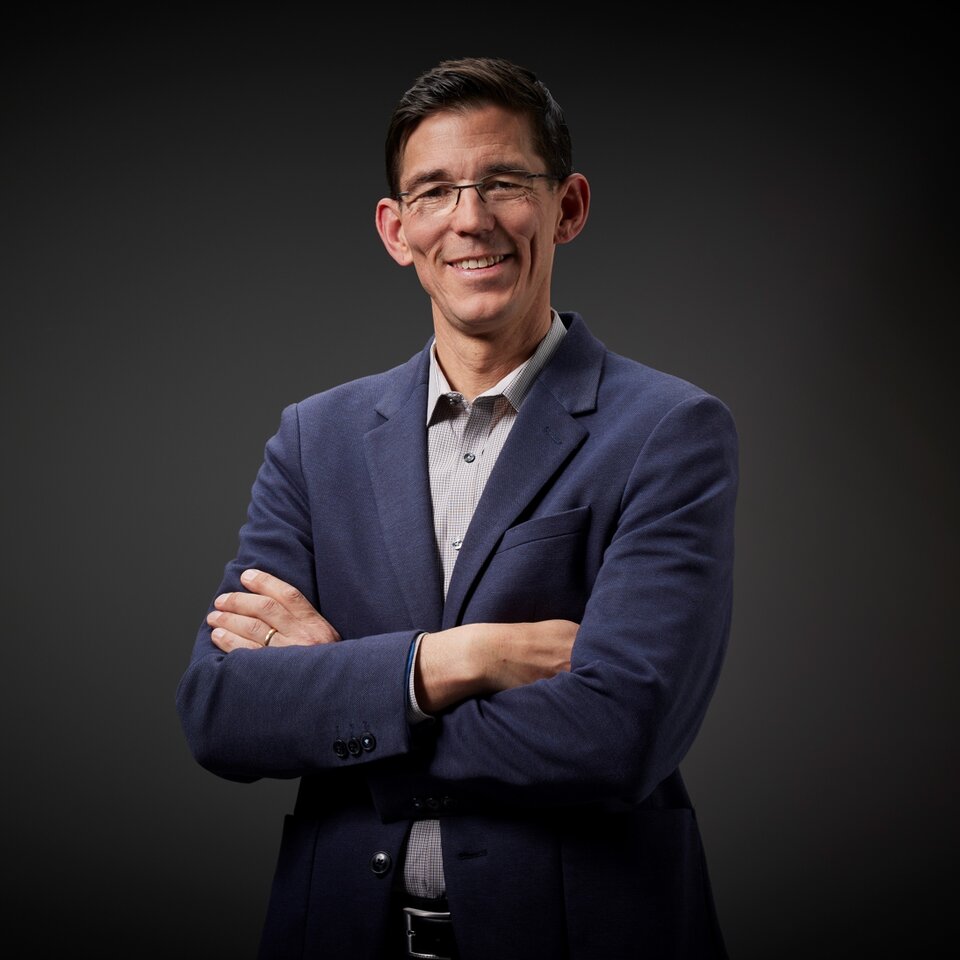
Badische Zeitung - Local news
Since April of this year, Joscha Greuel has been part of our software development team and head of the Solution Center Logistics department. Before joining Kern AG, Joscha was already self-employed as a software developer and, above all, as an SAP-related project manager. He has also been a board member of the German-Afghan Initiative for Afghan developers for several years. Joscha tells us exactly what this means in the following article published by the Badische Zeitung on May 18, 2021.
Orders from Germany for Afghan computer experts
(by Anja Bochtler)
He is a software developer and is involved in the German-Afghan Initiative - and in the meantime Joscha Greuel combines both. In recent years, he has helped set up an office in the Afghan city of Herat, whose employees receive software orders from Germany. His goal is to open more Afghan offices. The chances for this are also increasing because Joscha Greuel is now employed by the Freiburg software company Kern AG, which supports the cooperation.
Joscha Greuel is actually a mathematician. He graduated from the University of Freiburg in 1998. After that, he entered the field of software development, and a few years later he shifted his focus from programming to project management. Since then, he has concentrated on products from the large software company SAP. Until recently, he worked freelance. The main reason was that he wanted to have more and more flexible time for his family: he has five children between the ages of 9 and 26.
In addition to work and family, Joscha Greuel has also been preoccupied with Afghanistan for the past 20 years: It started when, during the then controversial German participation in the military mission, he did not completely reject a German military mission for the first time, he says. That didn't mean he was in favor of it, but he was aware of how acute the situation in Afghanistan was: "The country was subjugated by the Taliban." Joscha Greuel felt that German involvement was partly responsible for the situation in Afghanistan. That's why he went to an event organized by the German-Afghan Initiative. The association organized support for the Afghan people, and trucks with aid supplies started from Freiburg. Joscha Greuel was impressed by the people in the association. However, he only became a member ten years ago, and has been on the board for five years.
When he was in Afghanistan himself three years ago, it became clear to him: "There is huge potential there that needs to be exploited." Despite a variety of impairments, he says, a relatively normal everyday life is possible in the country, and the education and training situation is now very good in some places.
And because hardly any equipment is needed in IT apart from a laptop, electricity and an Internet connection, he began to create contacts between Afghan computer experts and German companies. The contacts went through a friend of his in Herat, who put him in touch with computer science lecturers and students about to graduate. This is how an office in Herat came into being with seven part-time employees in the meantime. Joscha Greuel placed orders with them from the companies for which he also worked. The office in Herat tests new German software. Joscha Greuel has recently been employed by one of the companies he previously worked with on a freelance basis: Kern AG, which has 50 employees in Freiburg. The company is very interested in cooperating with colleagues in Afghanistan, he says. And not only there: the managing director also has contacts in Ghana through the Bund Katholischer Unternehmer. That's why Kern AG recently offered online training for students in Ghana, after which they could become self-employed as IT consultants or product salespeople.
Joscha Greuel wants to expand the cooperation with Afghanistan. Next, he plans to open an office with programmers and software developers in Kabul. Outsourcing German jobs is attractive for both sides, he says: It offers prospects for the IT experts in Afghanistan, and German companies have to pay less for the work. He doesn't see the danger that this will replace jobs in Germany: "There are no unemployed in the IT sector in Germany, the demand is far too great."